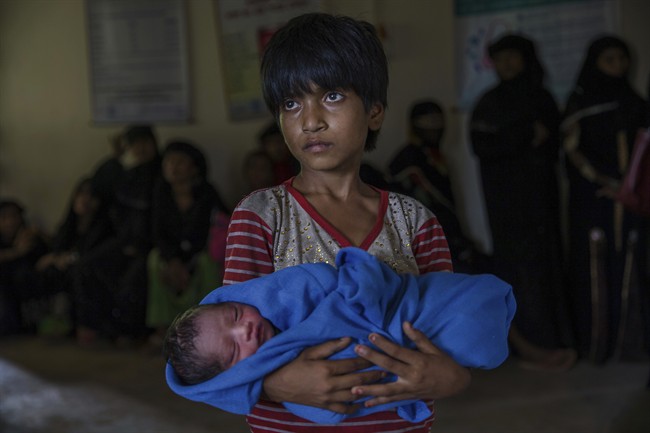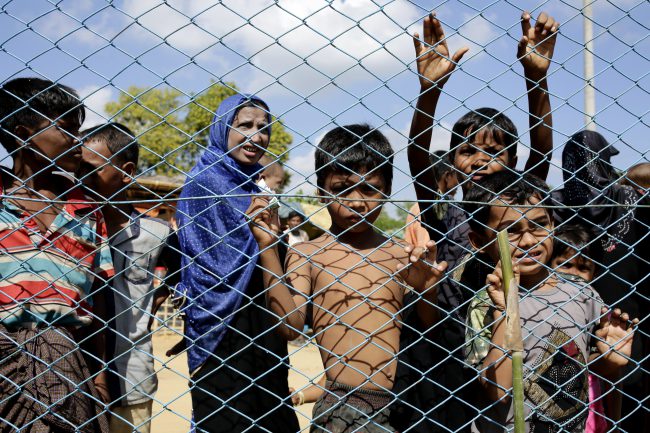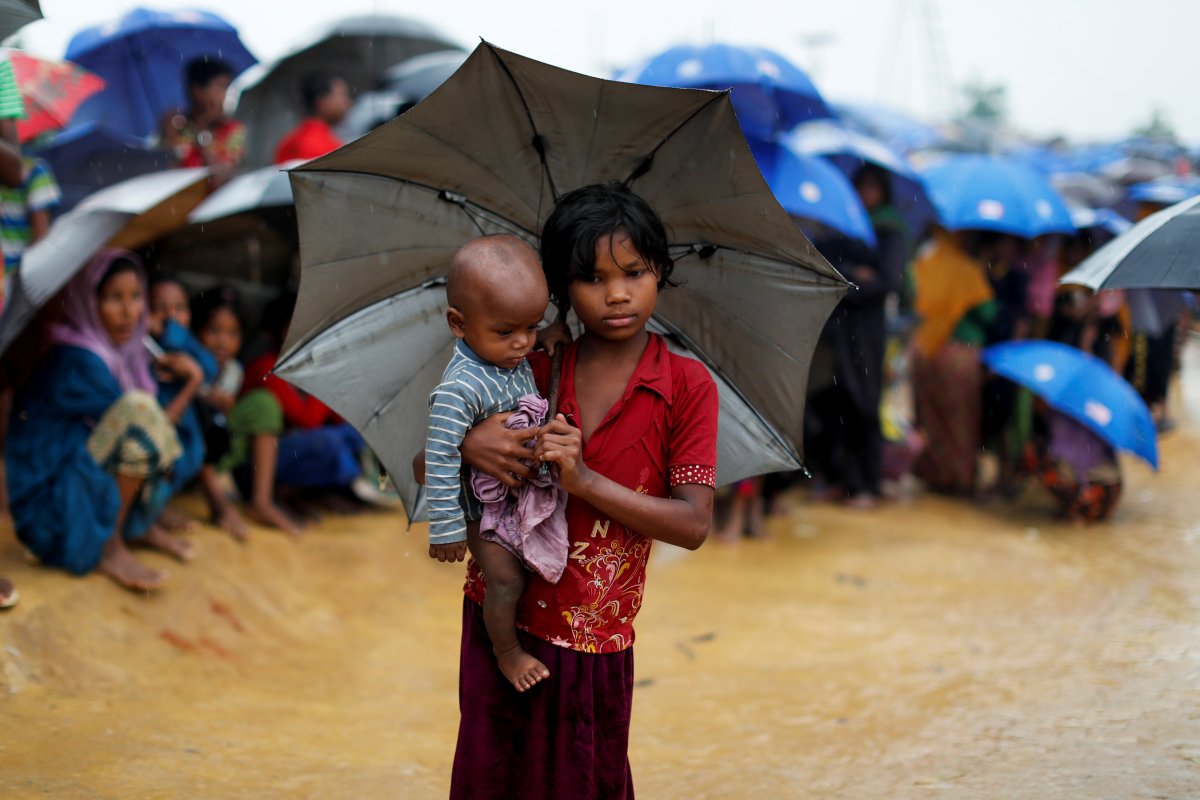Two Vancouver residents have been working tirelessly to bring attention to the unfolding crisis of the Rohingya people in Bangladesh and Myanmar.

But they say so much more needs to be done to help this group of people and bring awareness to their plight and struggles.
In early November, Sabrina Meherally and Tasleem Dhanji organized an event called Stand Up For Rohingya. On the zero dollar budget, the duo managed to bring together musical performers and speeches, including one by Yasmin Ullah, a Rohingya refugee, to raise $24,000.
After donations continued to pour in, that total rose to $53,000 and was matched by the federal government, making it $106,000 total.
All funds raised were donated to Médecins Sans Frontières/Doctors Without Borders (MSF), who have been working with the Rohingya people to provide medical aid and supplies.
“When we first learned about the Rohingya tragedy, there was extensive focus in the media on stories about Donald Trump, Hurricane Harvey and then shortly after Hurricane Irma. And we were shocked that while there was so much coverage in the media surrounding these natural disasters, genocide was occurring at a rapid rate of the Rohingya people and we saw this as a silent tragedy that needed a voice and much-needed help,” Dhanji told Global News.
More than 580,000 Rohingya refugees have arrived in Bangladesh since Aug. 25, when Burmese security forces began a scorched-earth campaign against Rohingya villages. Burma’s government has said it was responding to attacks by Muslim insurgents. The brutal attacks against Rohingya that followed have been described by the United Nations as “textbook ethnic cleansing.”
Refugees fleeing violence in Myanmar are seeing “hell on Earth” in overcrowded, muddy and disease-infested refugee camps in neighbouring Bangladesh, according to UNICEF.
For Meherally and Dhanji, they were shocked to find out so many people they knew had no knowledge of what was happening to the Rohingya people.
“We recognize as well that this is a minority population and when you research the Rohingya people we found that they are the most persecuted minority in the entire world. And that was shocking for us to hear because this was the first time that we were hearing about the Rohingya.”
And that’s why they want B.C.’s help to bring attention to this crisis.

Get breaking National news
“If you look historically at the Rohingya Muslims, they have been living in Myanmar’s Rakhine State for centuries. They’ve been refused citizenship for decades, their movements have been restricted, they’ve been denied access to education, health care and women have been stripped completely of their reproductive rights,” added Dhanji.
“They literally are invisible to the world, to the global community, to the world at large.”
Last week, a memorandum of understanding was signed between Myanmar and Bangladesh to repatriate Rohingya refugees, some housed in the world’s largest refugee camp on the Bangladesh side of the border.
“I am hopeful the Rohingya can be returned to Myanmar,” D’Rozario, the Archbishop of Dhaka, told AFP in an interview ahead of Pope Francis’s visit this week.
Dhanji said they were appalled to learn of this decision to repatriate the refugees.
The Vancouver residents have now started a petition calling on Prime Minister Justin Trudeau and the Canadian government to help secure the basic human rights of the Rohingya people.
“It’s the behaviours that are modelled through politics that also influence the way in which society takes action and sees the world,” said Meherally. “So if we see the UN and governments not taking action on something like this, it suggests that this is acceptable or that it isn’t as big of a deal. And that’s where we really want to encourage our government to have a more intentional intervention when it comes to the genocide in Myanmar and the refugees in Bangladesh”
“We know that our community stands for so much good, for ethics of charity, service, kindness and pluralism. However, the way that we’ve seen our community dragged through the mud, to come across as representing terrorism, and horrible things in the world, it’s painted the picture that this community doesn’t deserve the spotlight.”

“It needs to be noted that genocides happen when there is no political will to protect this minority group. And I think it’s up to each one of us that demands our government observes the responsibility to protect,” said Dhanji.
“Knowledge and information are all powerful tools in the struggle for human rights, especially when secrecy, silence and denial of atrocities continue to violate the rights of Rohingya.”
To donate to MSF to help the Rohingya people, click on their website here.
To follow Dhanji and Meherally’s work and get involved, like their Facebook page Stand Up For Rohingya.
— With files from Katie Dangerfield, Global News and AFP
- What 2014 court ruling said about man now accused of killing girlfriend, her father in Halifax
- New Orleans attack, Vegas blast highlight extremist violence by active military and vets
- How RCMP is responding to ‘unprecedented’ threats against MPs, officials
- Men convicted in death of family crossing Manitoba border seek acquittal, new trial



























Comments